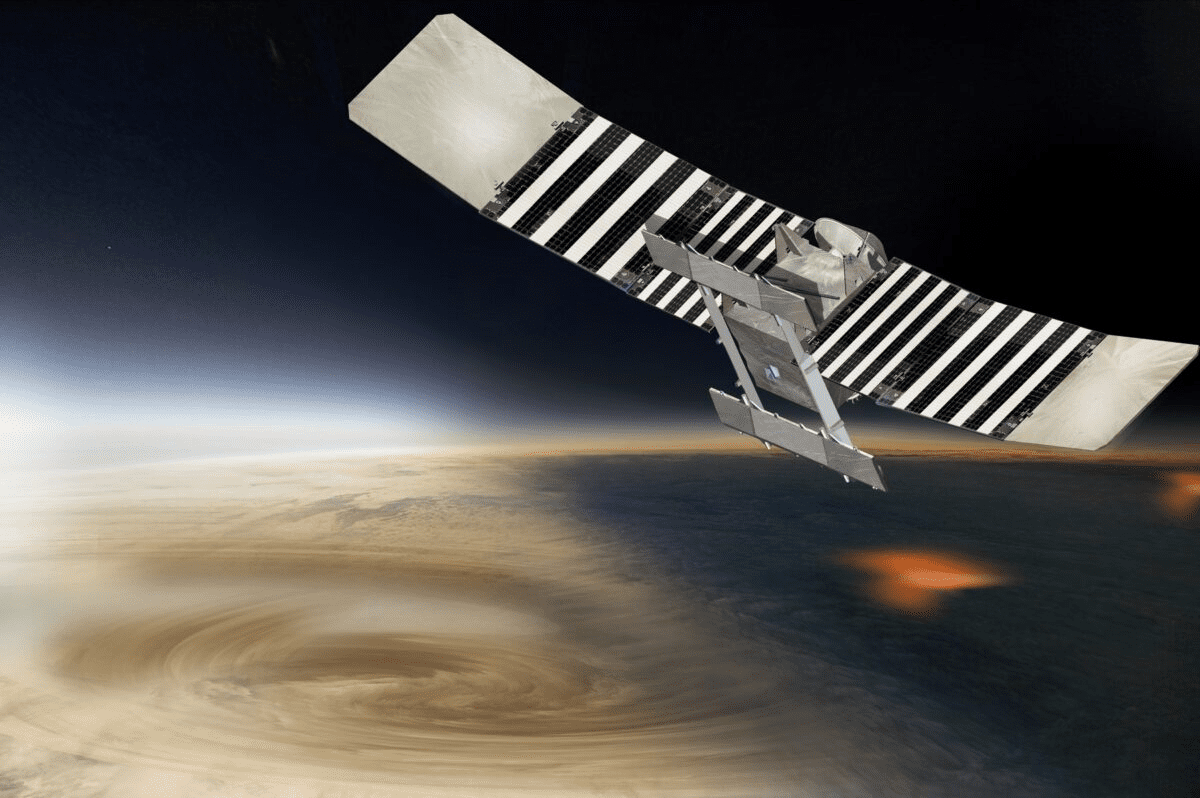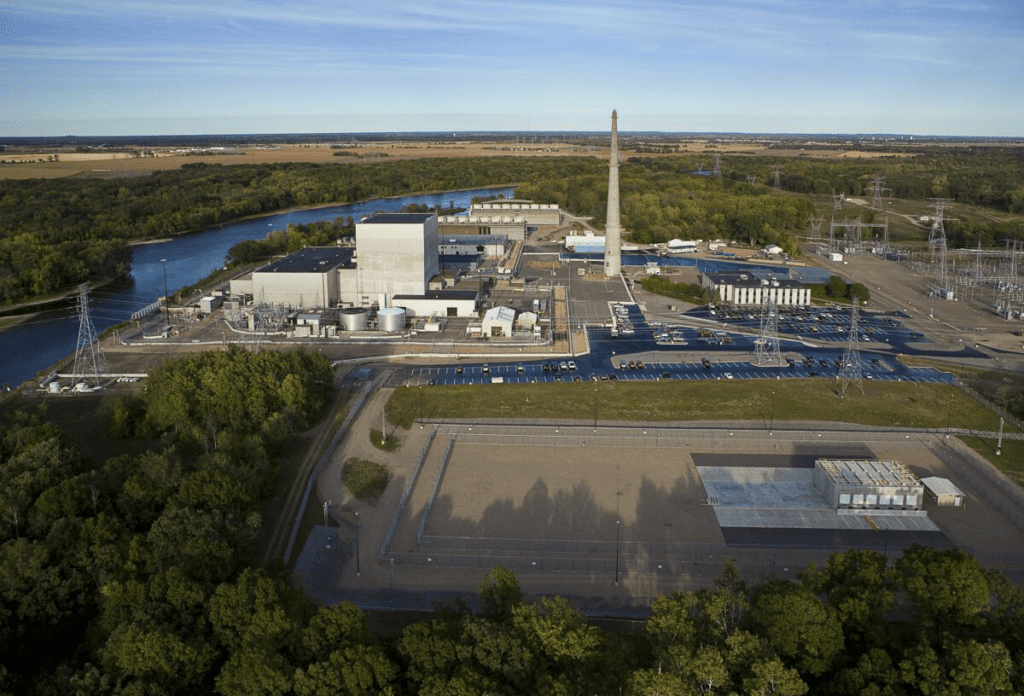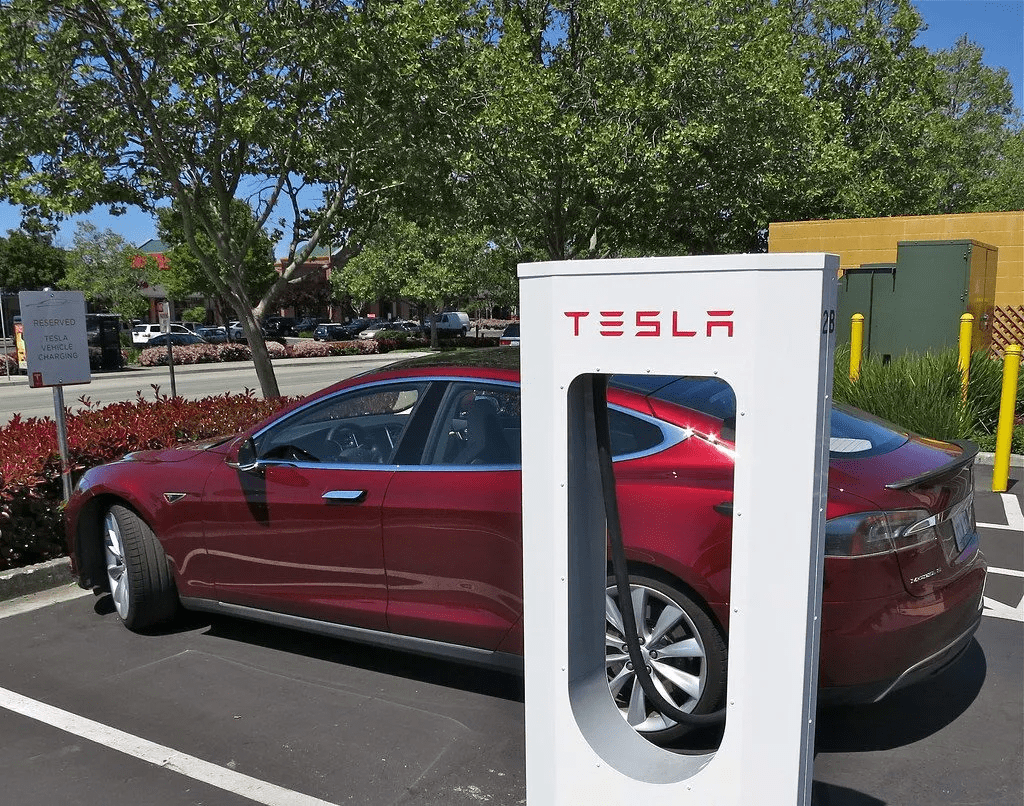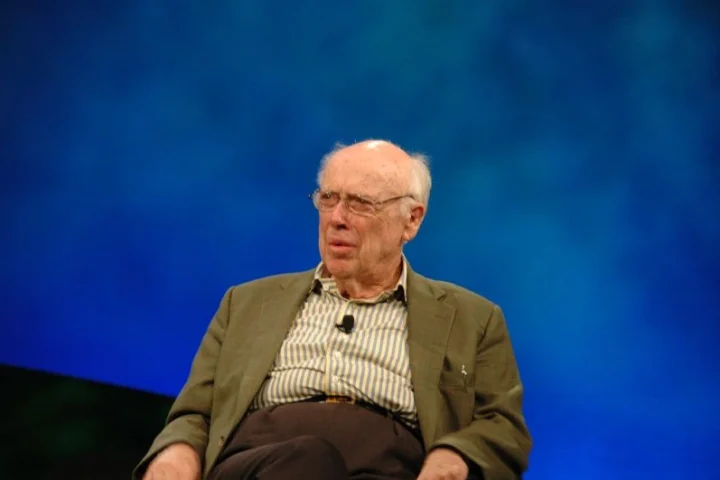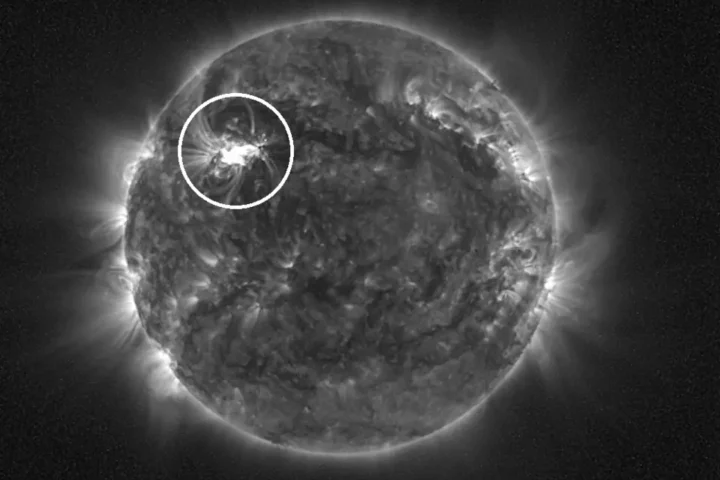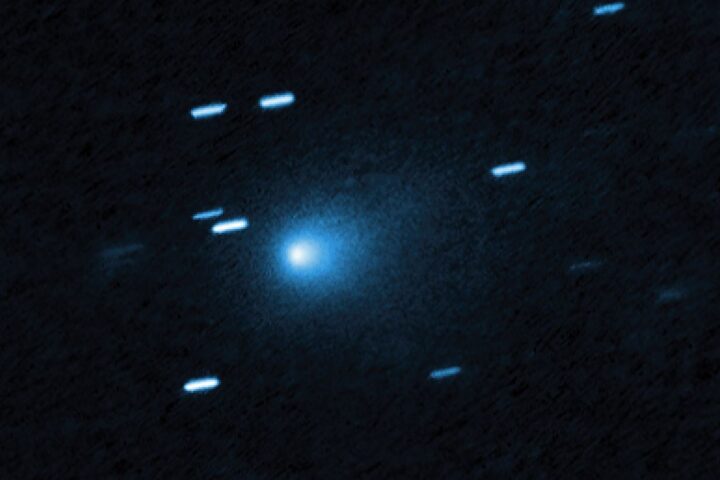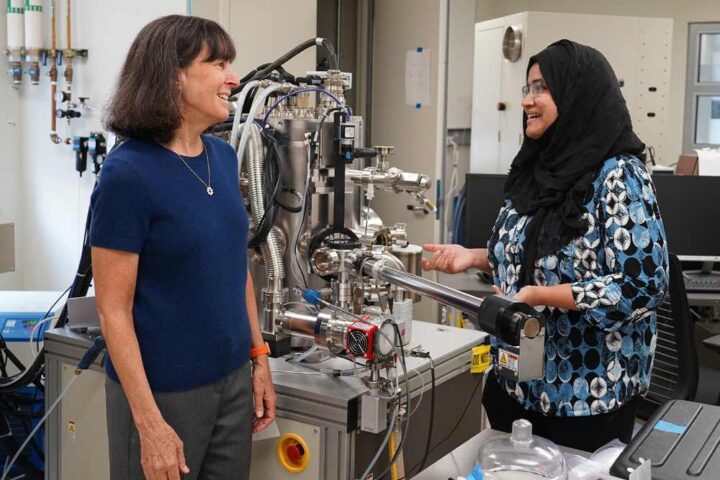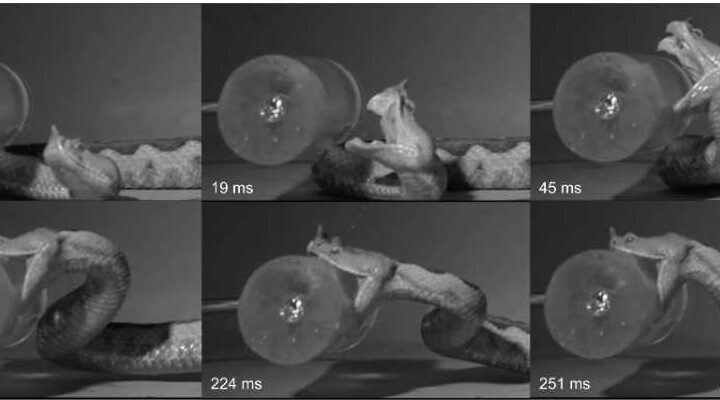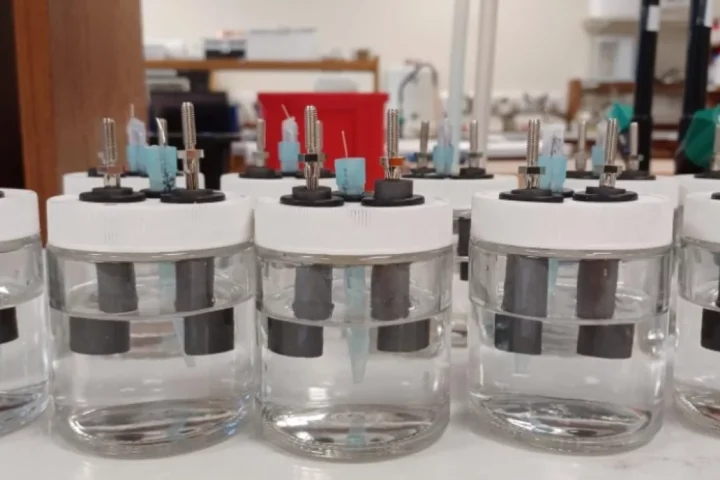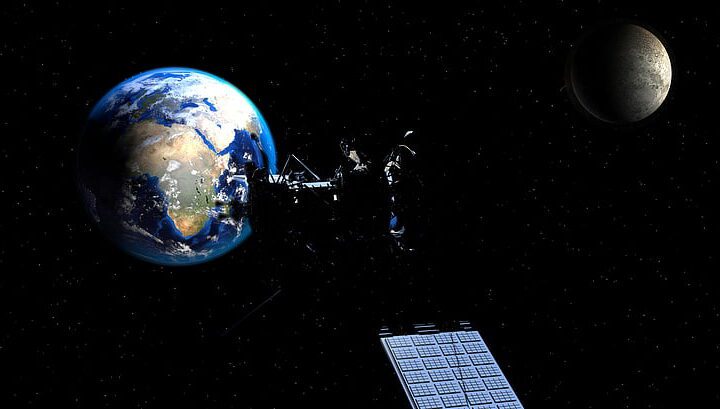The VERITAS mission to study Venus and analyze its volcanic activity was highly anticipated. Some evidence shows that Venus had volcanic activity as recently as the 1990s. However, the VERITAS mission was not funded in NASA’s latest budget request, which has significantly disappointed astronomers.
The decision to delay the VERITAS mission was mostly made months ago and coincided with the Lunar and Planetary Science Conference. Many attendees of the Lunar and Planetary Science Conference tweeted their concerns using the hashtag #saveVERITAS.
NASA and the Italian Space Agency are collaborating on the VERITAS project. VERITAS project team member, Luciano Iess, has expressed concern about the effect of the delay on NASA’s relationship with the Italian Space Agency. NASA’s explanation for the VERITAS delay, citing personnel issues at the Jet Propulsion Laboratory, has created a confusing picture for Iess.
- How Can Shopping for Books Online Open Up a World of Possibilities?
- Achieving Cleaner, More Efficient Engines: Sustainable Diesel Performance with Parleys
- Rivian R2 electric SUV completes final validation: $45K, 300+ miles, 656 hp dual-motor AWD
- How Intelligent Software Platforms Drive Efficiency and Risk Mitigation in Last Mile Deliveries
- Avoiding The Debt Spiral
Space policy analysts have been using NASA’s budget requests to understand the agency’s priorities. The Planetary Society published a reaction to the VERITAS delay and expressed disappointment and concern. The Venus mission, DAVINCI+, is still in the budget with a launch schedule of “no later” than 2030. While the delay of VERITAS is disappointing to astronomers, there are still many possibilities of it being funded in the future.
